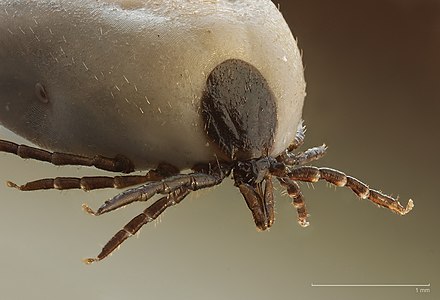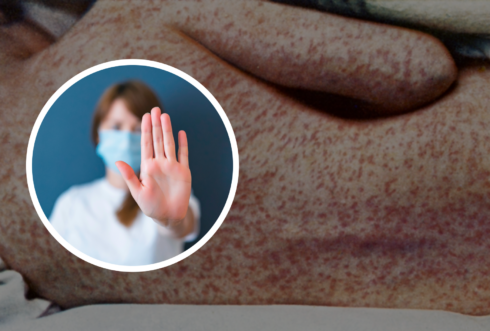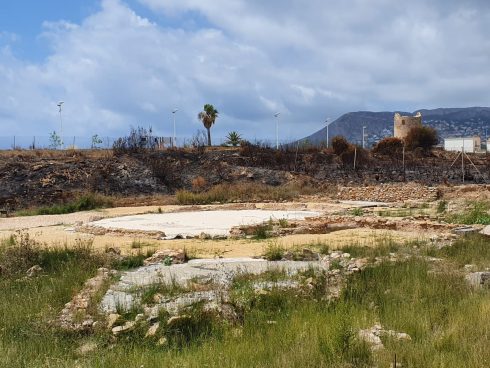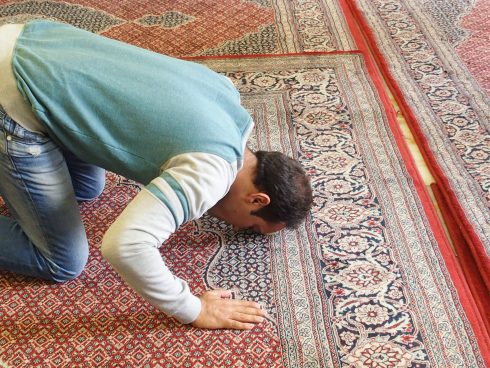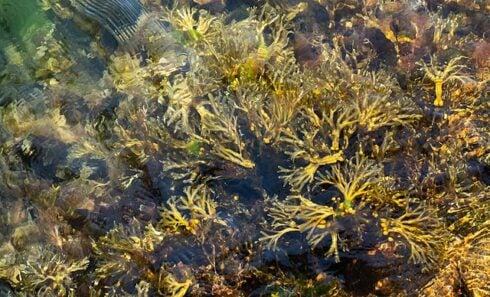SPAIN’S scorching summer has found the country inviting in an unwelcome guest: ticks, which can latch onto both wild and domesticated animals.
But these arachnids (indeed they belong to the same group as spiders and scorpions) are also far more perilous to humans than is commonly realised.
They are capable of transmitting over 50 different diseases through their bites, including bacterial infections like Lyme disease and spotted fever.
The parasite usually takes between 24 to 48 hours to start feeding on their host’s blood, meaning prompt removal is crucial.
In Spain, the European Centre for Disease Prevention and Control has documented six tick species.
Pathology expert Fernando de la Calle lamented the lack of awareness regarding ‘alarm signals’ that might indicate a tick bite and called for people to be ‘informed without being scared.’
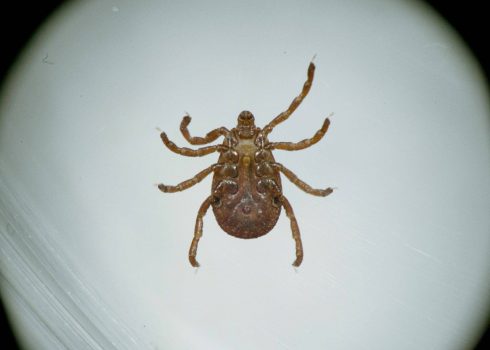
“There’s no need to panic, but one should be attentive to symptoms and complications. In case of severity, it’s important to seek specialised care,” he said.
Experts recommend using tweezers or fingers covered in thin gloves to remove ticks.
It is important to avoid crushing them or the use of natural remedies like oil or alcohol, which often result in the tick’s mouthparts remaining embedded in the skin, leading to the formation of a permanent granuloma.
Extraction should be slow and meticulous, gripping the tick by the head and gently pulling it upward.
“People tend to remove the tick and not much more,” the expert explained.
He added that individuals should remain ‘vigilant without being obsessive’ for 10 to 14 days after a tick bite.
They should watch out for symptoms such as fever or the appearance of skin rashes.
Additionally, unusual skin signs, such as a non-healing black crust or complications like gum bleeding or bruises, should also be noted.
READ MORE:
- EXCLUSIVE: Brit and Irishman among the 23 members of a major Costa del Sol based drug gang arrested across Europe
- RED weather warning: Highs of 44C in Spain’s Andalucia this week while majority of country is placed on alert as blast of hot air arrives from Africa TODAY
- Hot summer weather in Spain causes 30% rise in urinary tract stone cases
Click here to read more Health News from The Olive Press.

